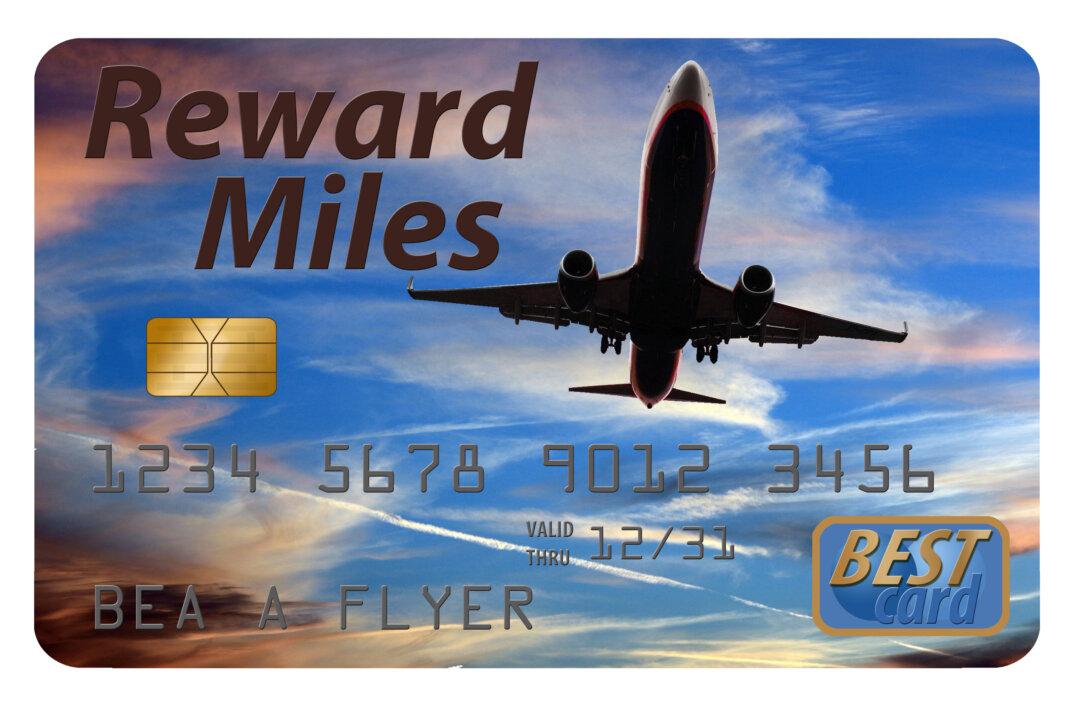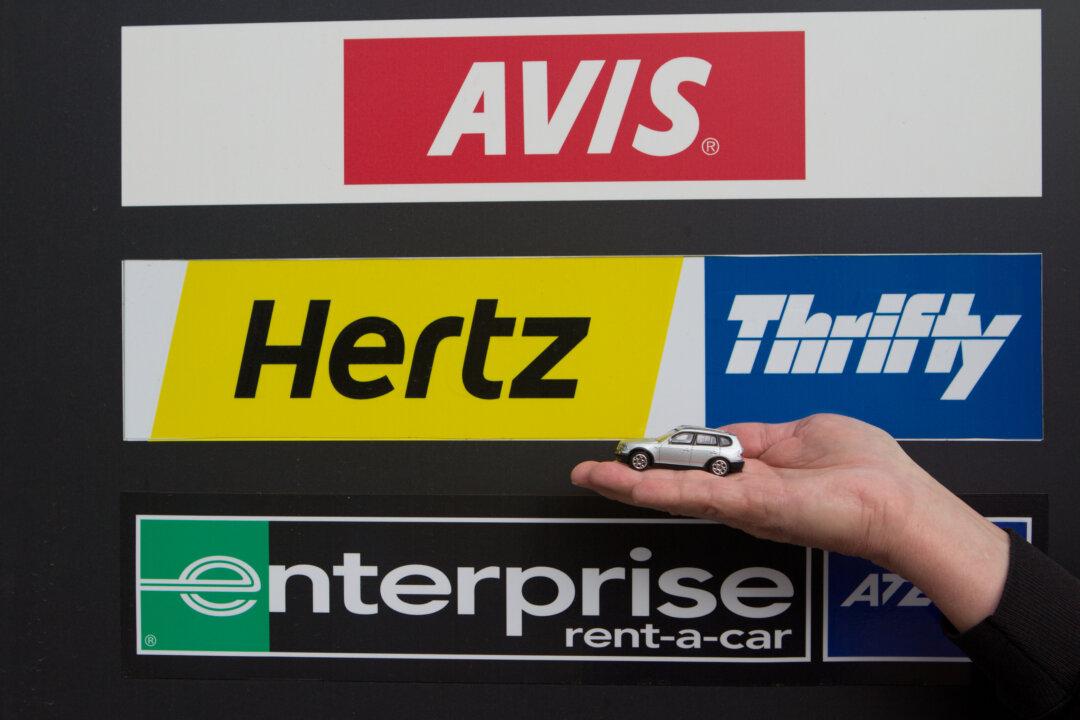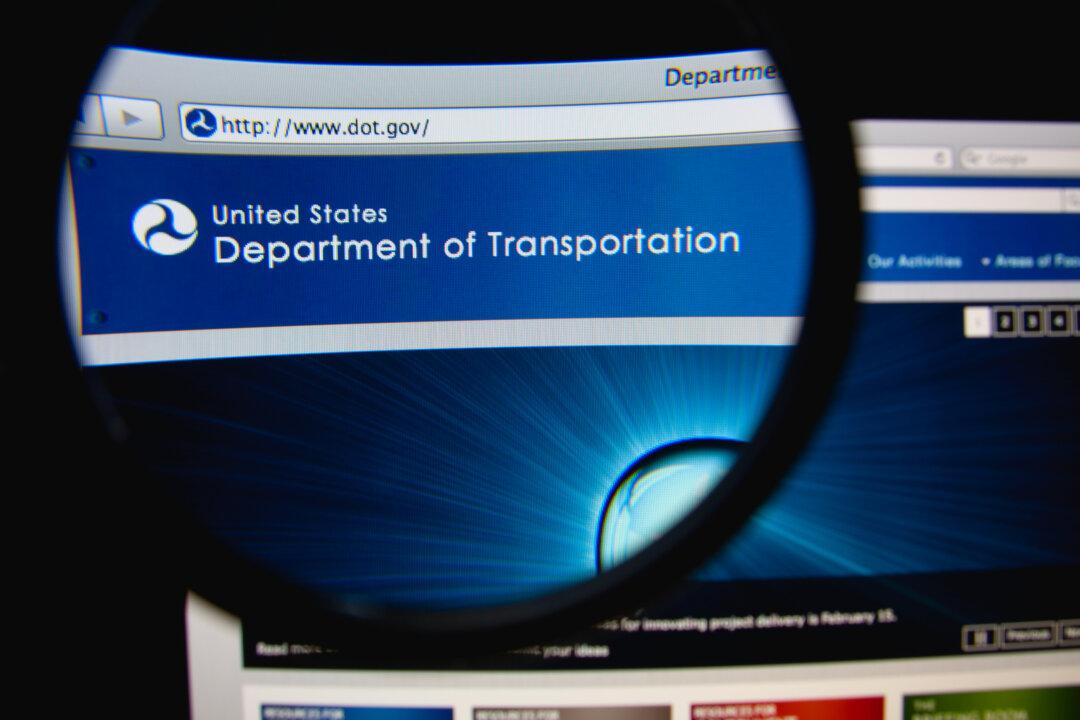From road trip to intercontinental flight to cruise, no matter where your summer trip takes you, it’s a good idea to check your plastic to make sure of what it does—and doesn’t—do to minimize your risks. By “plastic,” I mean the credit, debit, and travel-service organization membership cards which, collectively, offer a surprisingly wide spectrum of features and benefits.
Risk: Expiration
This is a “well, duh” item that “needs no explanation” but is sometimes forgotten—until too late to fix it. I knew a business executive who once arrived at New York’s Kennedy Airport for a London flight with an expired passport. I don’t recommend his fix: ducking into a restroom and altering his passport with a pencil (but it worked). Given today’s notorious delays, it’s probably too late to get an updated passport for any international trip leaving before September.
But you can usually update or reissue other expiring cards you rely on for almost any trip quickly: credit, debit, AAA/AARP, Priority Pass, and such.





